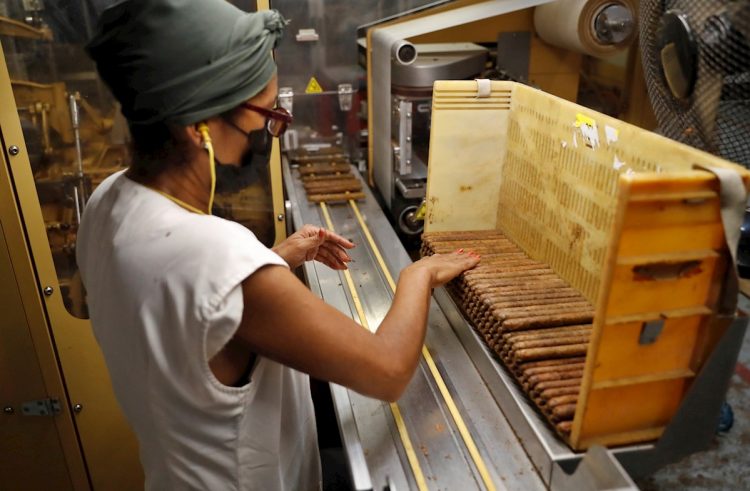The agricultural sector in Cuba suffered more than 330 million dollars in losses between April and December 2020, announced this Thursday the Ministry of Agriculture (MINAG), which blamed the toughened United States economic sanctions and the pandemic for this.
These damages are added to those already existing due to the impact of the financial and commercial embargo, which makes it impossible to introduce Cuban charcoal, coffee, cigars and honey in the U.S. market, said Moraima Céspedes, MINAG representative, at a press conference.
Denuncia el Ministerio de la Agricultura de Cuba afectaciones del Bloqueo en el sector.@MINAGCuba @CubaMINREX @PresidenciaCuba @MoralesMoraima pic.twitter.com/byJ6UG1i5V
— ComuniAgri (@ComuniAgri) May 13, 2021
In the case of the Tabacuba tobacco business group, the damages at that stage were around 180 million dollars, according to the business director of that company, Yohana Pereira, who also regretted the limitations to acquire supplies because of the embargo.
Cuba imports more than 80% of the food it consumes, which represents an annual expenditure of two billion dollars, according to official data.
More than half of the country’s agricultural production is in the hands of the non-state sector, which cultivates 66% of the land, Cuban economist Omar Everleny recently indicated.
The government approved 63 measures in April to “boost food production,” a priority at the moment in Cuba, where high food prices and difficult access to them have been a source of popular discontent for many years.
This opens the possibility for farmers to sell their surplus beef, milk and derivatives provided they meet the quota established with the State, and eliminates obstacles in production and marketing.
However, the farmers themselves complain that the state does not pay them on time and that products are often spoiled waiting for the state collection enterprise to pick them up.
In this regard, Céspedes said this Thursday that in the new measures that mechanism known as collection will no longer be “a monopoly,” but a sector “more within marketing.”
The reorganization of the agricultural sector to increase food production, a matter considered of “national security,” is part of the economic reforms promoted in 2011 by former Cuban President Raúl Castro.











Surely there are other markets than the US one. Can’t those be accessed?